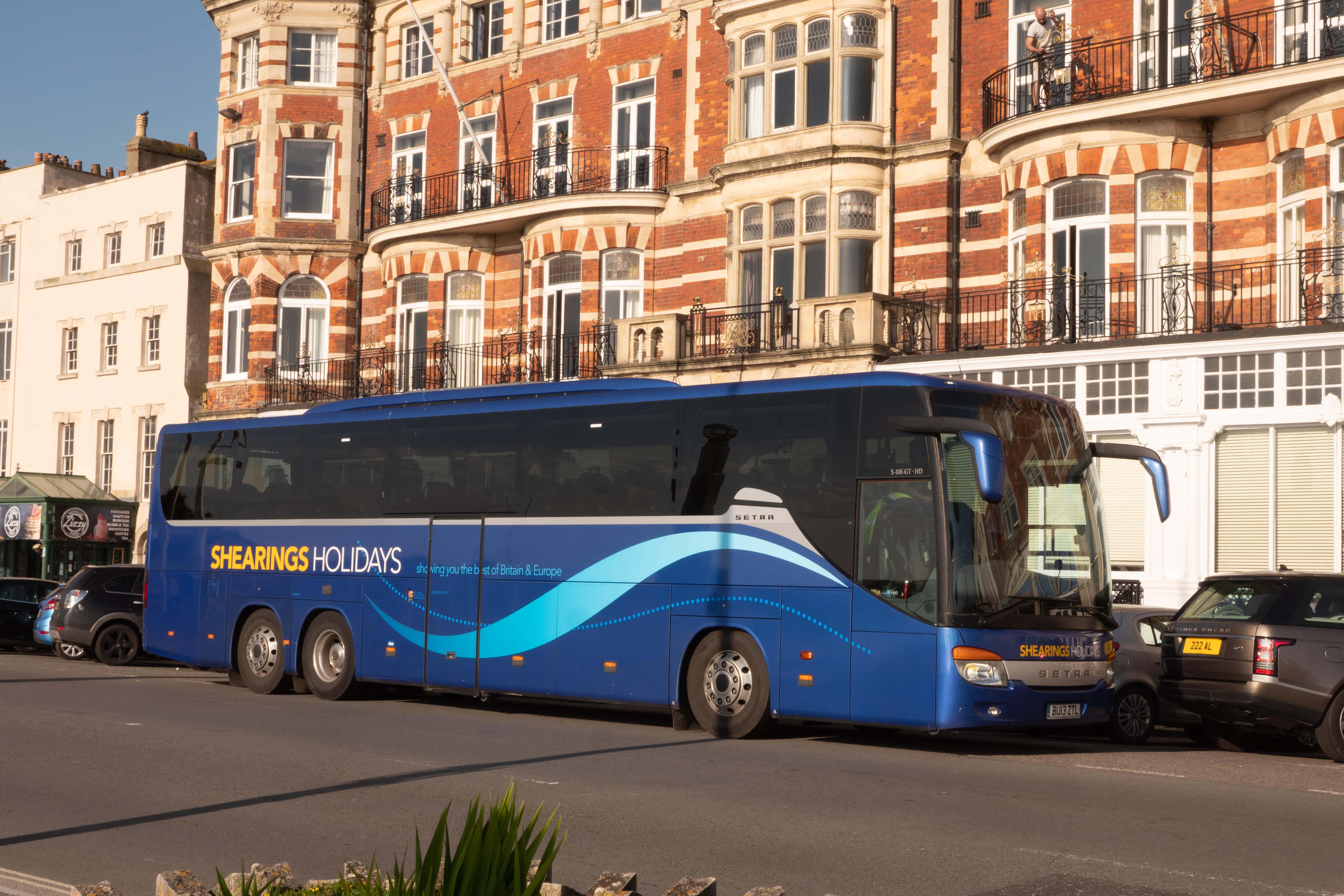Coach passengers spend £8.3bn per year in local economies – study
The value of coaches was found to be particularly pronounced in rural areas and places with less extensive rail connections.

Your support helps us to tell the story
From reproductive rights to climate change to Big Tech, The Independent is on the ground when the story is developing. Whether it's investigating the financials of Elon Musk's pro-Trump PAC or producing our latest documentary, 'The A Word', which shines a light on the American women fighting for reproductive rights, we know how important it is to parse out the facts from the messaging.
At such a critical moment in US history, we need reporters on the ground. Your donation allows us to keep sending journalists to speak to both sides of the story.
The Independent is trusted by Americans across the entire political spectrum. And unlike many other quality news outlets, we choose not to lock Americans out of our reporting and analysis with paywalls. We believe quality journalism should be available to everyone, paid for by those who can afford it.
Your support makes all the difference.Coach passengers in Britain spend an estimated £8.3 billion a year in local economies, according to a study commissioned by an industry body.
Research for the Confederation of Passenger Transport (CPT) found £5.4 billion of the spending is from domestic travellers at tourist destinations, with £610 million from international visitors.
Passengers using coaches to travel to shopping and leisure facilities spend £2.3 billion annually.
Every city, town and tourist destination must plan for coaches
CPT warned that much of the spending would not happen if the associated coach journeys became unavailable, particularly in locations such as Blackpool, Cornwall, Snowdonia, northern Scotland, the Lake District and the Peak District.
The study, conducted by financial services company KPMG, calculated that one daily coach to a destination can deliver £1 million in local economic value.
CPT chief executive Graham Vidler said: “To reap these benefits, every city, town and tourist destination must plan for coaches, so they offer adequate coach parking and good facilities for both passengers and coach drivers as part of their sustainable travel and tourism strategy.”
The value of coaches was found to be particularly pronounced in rural areas and places with less extensive rail connections.
Researchers found 54,000 people in Britain were directly employed in the provision of coach services in 2022, including drivers, mechanics, schedulers, operations managers, customer service representatives and those involved in corporate functions.